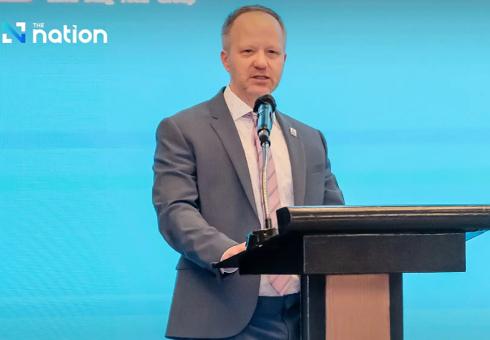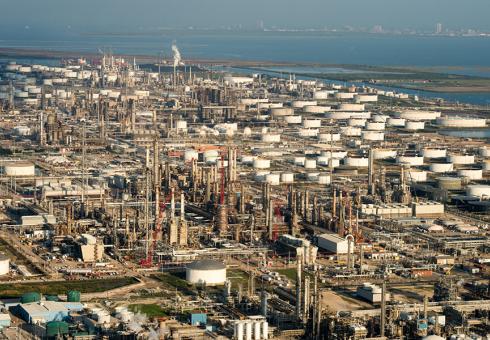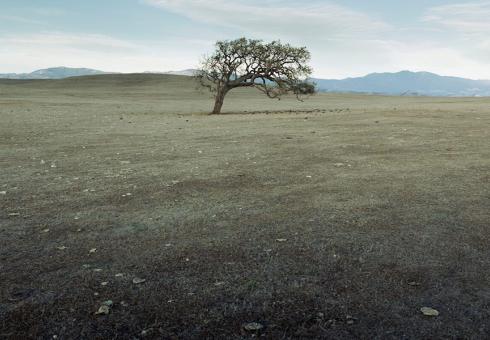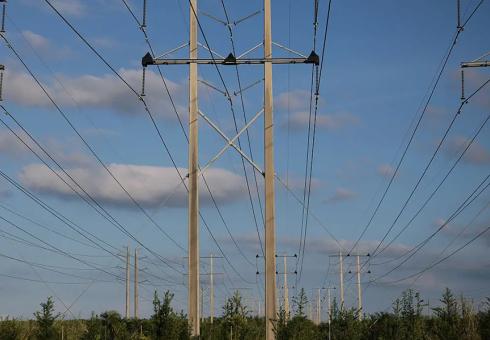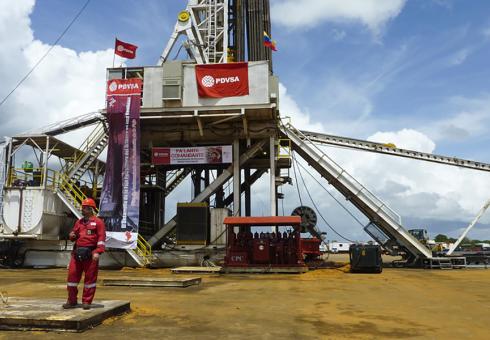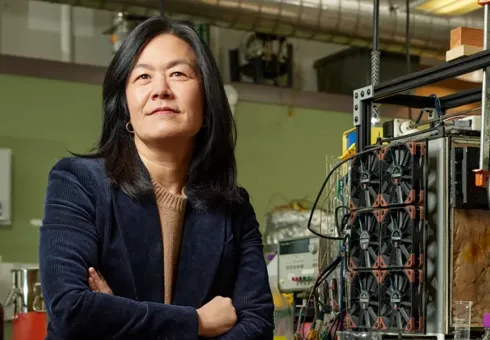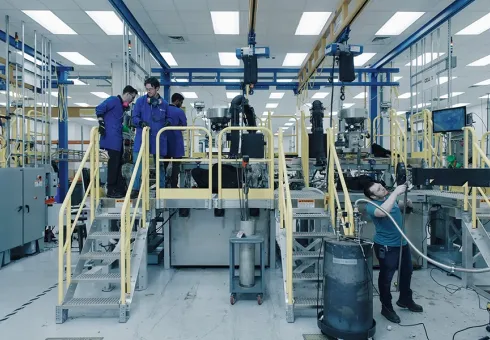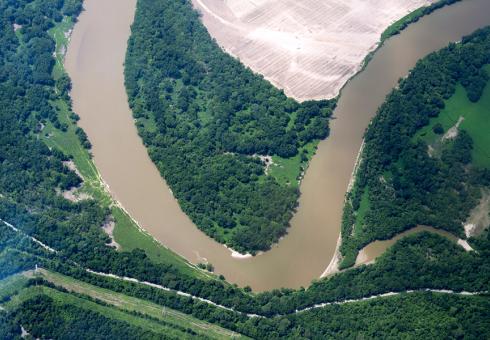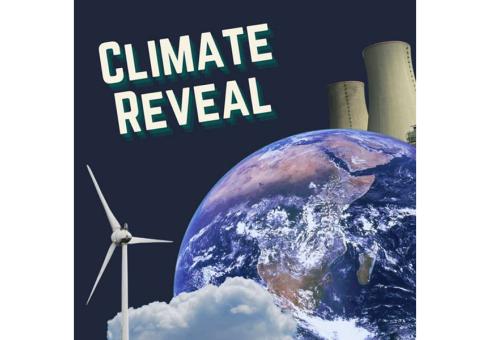CS3 In the News
MIT Professor/CS3 faculty affiliate Christopher Knittel emphasizes that analytical tools must be paired with direct engagement by decision-makers. (The Nation - Thailand)
A new MIT Global Change Outlook finds current climate policies and economic indicators put the world on track for dangerous warming (Inside Climate News) (Additional coverage: Boston Globe)
MIT CS3 Principal Research Scientist Jennifer Morris co-authors 7th Insight, 'Impacts on labor productivity,' which shows how Increasing heat stress is projected to reduce working hours and economic output (Carbon Brief)
MIT Professor/CS3 faculty affiliate Christopher Knittel cites data centers as one factor in driving up prices (Time)
Venezuela's oil and gas assets have a methane intensity of about 2,100 grams per gigajoule, while intensity from most other countries is below 100 g/GJ, according to MIT Professor/CS3 faculty affiliate Catherine Wolfram. Wolfram said most of these emissions could be reduced if the gas were properly captured or flared, but cautioned that Venezuela lacks the regulatory oversight and investment needed to implement relatively straightforward mitigation measures. (MarketWatch)
As the Institute’s first VP for energy and climate, Evelyn Wang ’00 is marshaling MIT’s expertise to meet the greatest challenge of our age. MIT CS3-affiliated faculty members concur with her assessment of the mission ahead. (MIT Technology Review)
Aiming to compete with Chinese suppliers, a New Hampshire startup recently began producing metal using new processing methods. MIT CS3 faculty affiliate Elsa Olivetti highlights some challenges. (New York Times)
MIT CS3 faculty affiliate John Sterman discusses his AVID+ framework for evaluating carbon credits (Inside Climate News)
A conversation about the impact of climate change on human health with MIT CS3 Director/Professor of Atmospheric Chemistry Noelle Selin and Boston College Professor of Biology/Director of the Global Observatory on Planetary Health Philip Landrigan, a pediatrician/public health physician. Each episode of Climate Reveal takes a deep dive into a specific aspect of the climate crisis and ongoing work toward solutions. (Boston College Creative Communication Lab)
A conversation with Frances Moore Lappé, co-founder of the Small Planet Institute and author of Diet for a Small Planet, and MIT CS3 Principal Research Scientist Angelo Gurgel about how what we eat impacts the climate at multiple levels. Each episode of Climate Reveal takes a deep dive into a specific aspect of the climate crisis and ongoing work toward solutions. (Boston College Creative Communication Lab)
WBZ Chief Meteorologist Eric Fisher and MIT CS3 Deputy Director C. Adam Schlosser discuss how we know the climate is changing, why it's so difficult to talk about in this current moment, and how to stay positive and optimistic when dealing with such a big problem. Each episode of Climate Reveal takes a deep dive into a specific aspect of the climate crisis and ongoing work toward solutions. (Boston College Creative Communication Lab)
MIT CS3 Deputy Director Sergey Paltsev shares his expertise in a conversation about the energy needs of the world and the best big-picture approach to meet those needs moving forward. Each episode of Climate Reveal takes a deep dive into a specific aspect of the climate crisis and ongoing work toward solutions. (Boston College Creative Communication Lab)

